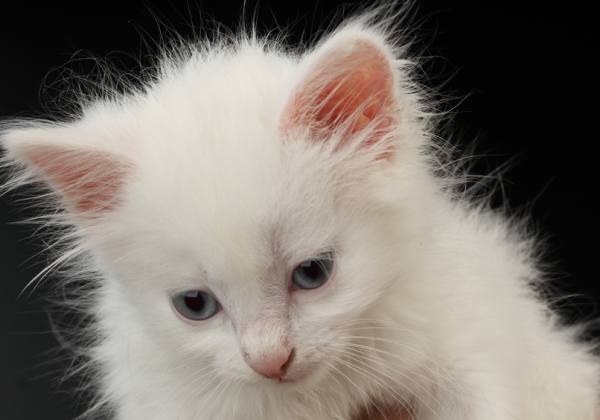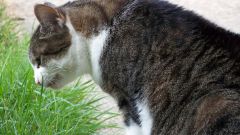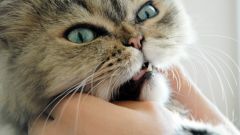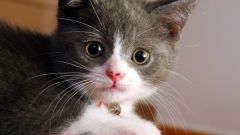Symptoms of poisoning
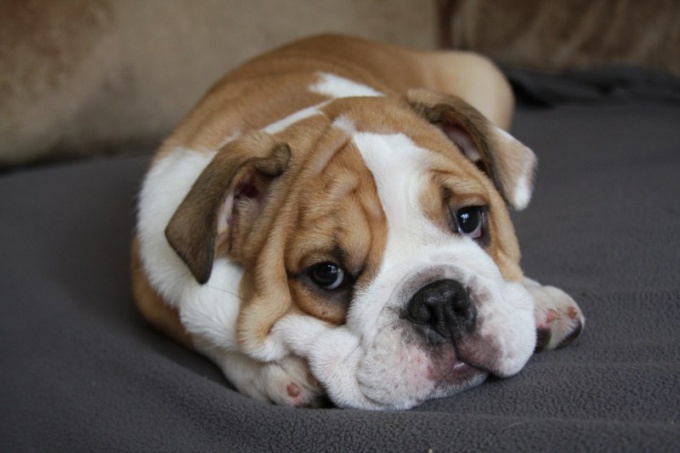
Poisoning in kittens because of their small body mass is faster than in adult cats, the first signs usually visible almost immediately. Common symptoms – sudden lethargy, depression, lack of response to external stimuli, rarely, unusual agitation, impaired coordination. Possible vomiting and diarrhea, salivation, tremors and muscle twitching, and in severe cases – seizures. Touching the abdomen may cause pain to an animal.
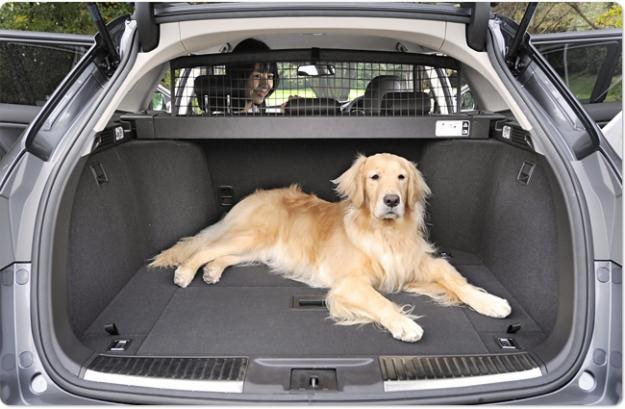
Also poisoning can specify the dilated pupils, tremors, muscle twitching, and in severe cases - seizures. Another sign – unusual breathing – rapid or, on the contrary, very rare. Poisoned the kitten refuses to eat, does not drink or experiencing increased thirst. Symptom of some types of poisoning – frothy discharge from the nose and mouth.
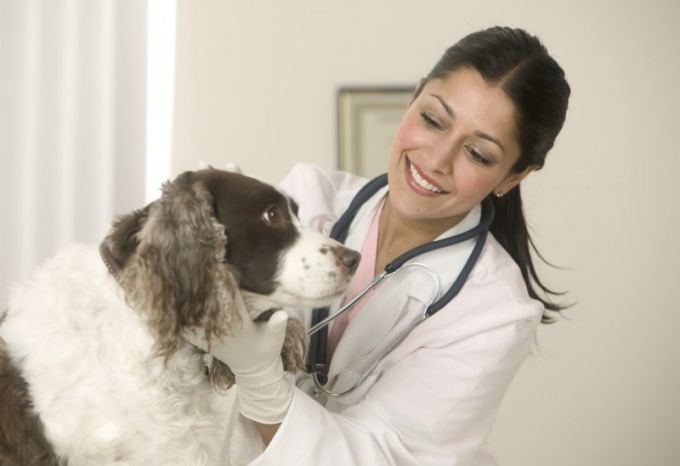
What to do?
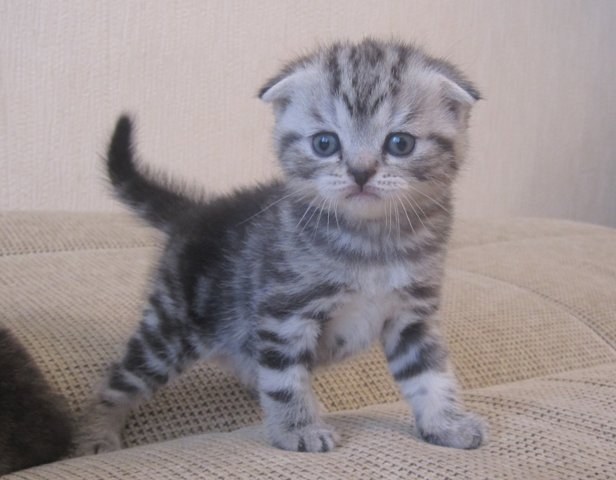
The first thing you need to do is to stop the effects of toxic substances on the organism of the animal and call the vet at home or to take the injured pet to the clinic. If the kitten is in the room where the paint work or pest control, as soon as possible to make it to fresh air.
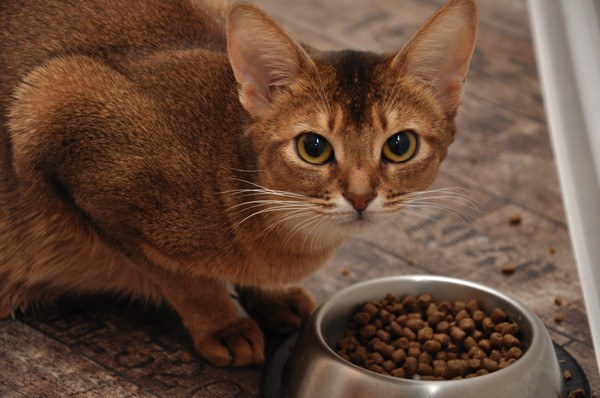
If the fur of an animal is stained a poisonous substance and he tries to lick – clean dirt rinse with warm water without using any detergents except the normal soap or baby or cat shampoo. Sticky substances can try to scrub using vegetable oil.
To remove the poison from the gastrointestinal tract can be, causing vomiting or washing the stomach. Be careful – in case of poisoning with petroleum products or corrosive substances to induce vomiting is dangerous, it can worsen the condition of the animal. Using conventional enema or syringe without the needle pour into the mouth of a kitten very weak solution of potassium permanganate, salt or baking soda, after he vomits, you can try to wash out the stomach again.
Dissolve in water, the powder sorbent (activated carbon, "Polisorb") and just pour into the mouth of the animal – this will help to neutralize the remnants of the poison. If the poisoning occurred over an hour ago, gastric lavage may not be effective – make the kitten an enema with pure water or with a solution of "POLYSORB" or salt.
First-aid assistance until a doctor arrives or before departure at the veterinary hospital. You should not rely on our own strength – the body of a small kitten is very vulnerable, many toxic substances require special antidote. Trying to cure pet on their own, you risk to lose precious time.
